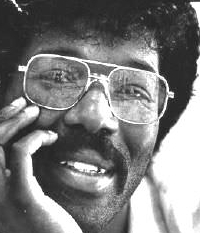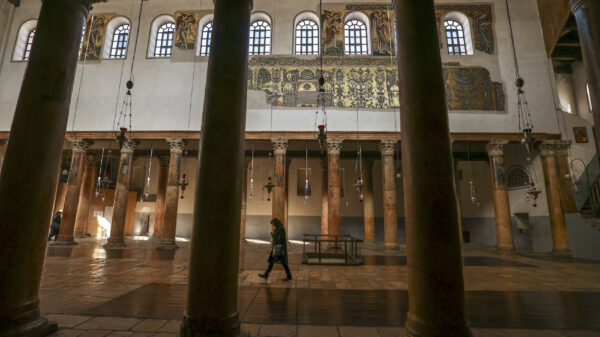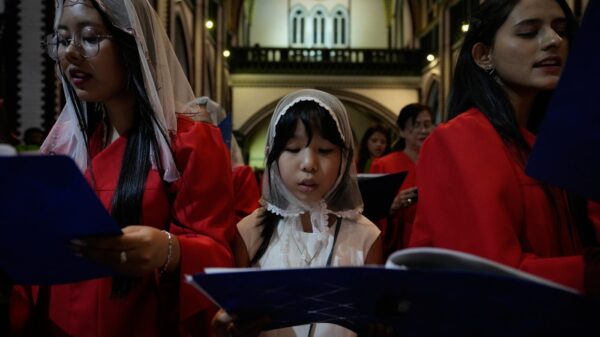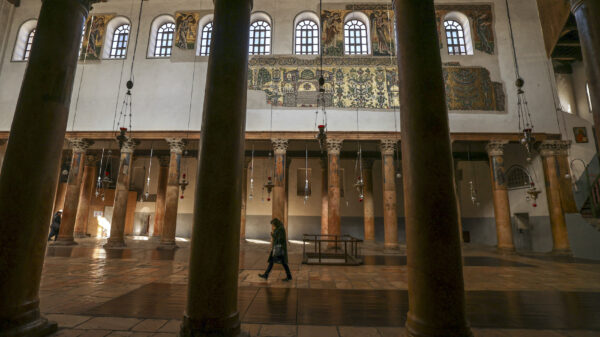BREAKING: Elon Musk has just announced a groundbreaking initiative to reshape our understanding of Ancient Rome. The billionaire entrepreneur has donated a substantial $1 million to the American Institute for Roman Culture (AIRC), aiming to harness the power of artificial intelligence to fill significant gaps in Roman history.
Musk’s funding was revealed during the annual Expandere Conscientiae Lumen prize ceremony held on October 24, where he appeared via video link to express his enthusiasm for the project. “I am interested in history, and Rome constitutes a large part of the history of Western civilization,” Musk stated, emphasizing the potential impact of AI in creating a “new history book based entirely on ancient material and archaeology.”
This innovative project stands poised to rewrite historical narratives by using AI technology to analyze vast amounts of archaeological data. Musk’s contribution comes as part of a larger effort, with eleven grants awarded to various archaeological programs leveraging AI to expand historical knowledge.
The implications of this project are profound. With Musk’s financial backing, AIRC aims to not only uncover lost aspects of Roman culture but also utilize advanced technologies like drones and AI-driven photogrammetry. These tools can render detailed 3D models of Greco-Roman sites, many of which may have been compromised by climate change.
Additionally, the project will explore geological “fingerprints” of pigments to investigate ancient trade routes, shedding light on the interconnectedness of cultures throughout history. As Musk has previously voiced his admiration for Roman civilization, his involvement signals a serious commitment to advancing historical research.
The potential for this initiative to yield valuable insights is immense. By employing AI in archaeology, researchers can analyze data at unprecedented scales, revealing connections and information that traditional methods might overlook. As AI technology continues to evolve, so too does the opportunity to reshape our understanding of the past.
WHAT’S NEXT? As the project unfolds, AIRC and its partners will be under significant scrutiny to deliver new findings that could transform perceptions of Ancient Rome. This funding marks a pivotal moment not just for Roman studies but for the broader field of archaeology, where technology increasingly plays a vital role.
Stay tuned for updates as this story develops, and consider the implications of merging cutting-edge technology with ancient history. The intersection of AI and archaeology could redefine how we view our past, making this an exciting time for historians and enthusiasts alike.







































































